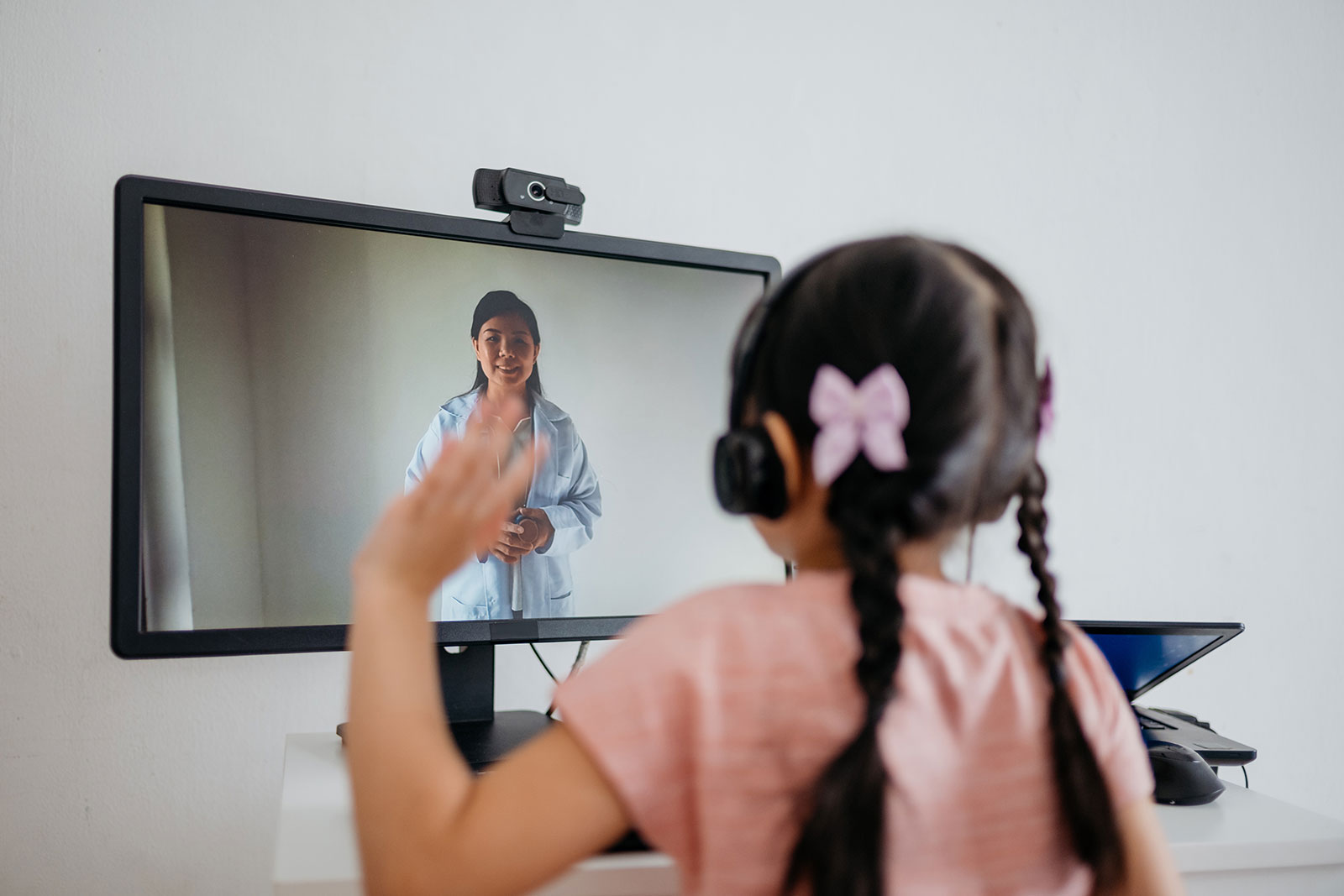In the aftermath of the pandemic, many businesses and organizations find themselves incorporating a virtual aspect into almost everything they offer. Working from home is considered normal, and video/audio platforms like Zoom offer a contact-free option for in-person activities — from at-home fitness classes to therapy from your couch.
Telehealth has also become prominent, and patients are now able to have face-to-face conversations with their doctors without leaving home. According to Mayo Clinic, telehealth is the use of digital information and communication technologies for managing and accessing healthcare resources.
Dr. Harsha Rajasimha, founder and CEO of Jeeva Informatics, wants to further expand the incredibly wide scope of telehealth to include adult and pediatric clinical trials for cancer treatment.
Rajasimha is on a mission to decentralize clinical trials, with a heavy focus on pediatric clinical trials. He says that most patients never have the opportunity to participate in a clinical trial that could potentially save their life, due to barriers like location, financial accessibility, and time management.
“The goal for Jeeva is to make clinical trials more accessible, easier and faster for patients living anywhere in the US or globally,” says Rajasimha. “Historically, the majority of clinical trials have been restricted to a 50-mile radius of [bigger] cities, and the majority of patients accessing healthcare [are] in rural areas and in hard to reach [locations]. The rest of the world has very few opportunities to even hear about a clinical trial, let alone have the opportunity to participate and enroll in [them].”
In-person pediatric trials also pose challenges for parents and legal guardians of the children, who would have to take off work to bring their child to and from hospitals while still being able to provide for their families financially. “It’s a lot of effort and burden having to travel,” Rajasimha says. “Many times, the patient and family can afford more if they have to travel three times a year [as opposed to] 10 times a year. It becomes suddenly affordable. Telehealth can be a lifesaver in that sense.”
The goal for Jeeva is to make clinical trials more accessible, easier and faster for patients living anywhere in the US or globally.
Online options for pediatric clinical trials also offer continuous record keeping and reporting over the course of the trial. Clinical trials can take years to complete, during which time growing children undergo physiological changes that affect their reaction to the treatment being tested. With telehealth, patients and doctors will be able to record information and see the patients more often. Visits may also be able to occur more frequently than in-person visits, with quick audio/video check-ins monthly to review patient-reported outcomes of symptoms and quality of life.
Doctors can also see more patients with telehealth. “You are able to efficiently go from one patient to another [remotely, instead of] running around in the clinic where the patient has to be taken through the usual steps of measuring vitals and getting all of that data collected, being seated in a room and then the physician coming,” Rajasimha says. When it comes to cancer and clinical trials, there are many in-person follow-up appointments and long-term monitoring. Many patients choose to drop out because the financial and geographical burden of remaining in that study is so high, and the trial doesn’t seem worth it to them anymore.
“Cancer is an unknown,” says Rajasimha, “To spend so much money, depend on another caregiver to take on the travel burden … they would rather not do it.” If the follow-up appointments can be done conveniently from the comfort of the patient’s home, more patients may be chosen to complete these clinical trials.
While telehealth will never replace in-person doctor and hospital visits, it gives immunocompromised patients a way to avoid being exposed to illnesses, as well as not requiring them to travel as much. It also allows them to take care of administrative tasks, like reviewing documents that can be explained on a video call, thus saving time and money.
Jeeva Informatics also provides all the necessary tools on one database. “It takes a platform approach and not a piecemeal approach,” explains Rajasimha. “[Previously,] you’d have a tool for video visits, you’d have another tool for electronic signatures, [another] for SMS, email — it’s just too many systems to juggle between for the research side or the clinical side.” Over the last three and a half years, Rajasimha and his team developed the Jeeva e-clinical platform, which helps biopharmaceutical companies, academic medical centers, and sites have a single login from any browser-faced device to conduct clinical research. “We don’t have to juggle between multiple tubes. That’s the revolution that’s unfolding,” he says.
Rajasimha’s goals for Jeeva Informatics also include making it more diverse and accessible to all. “It’s worth noting that 80 percent or more participants [in clinical trials] are caucasian and male,” he says. With Jeeva’s telehealth platform built to include features such as language support, calendar assistance and scheduling help, the hope is that it will be more inclusive for patients of all races, genders, and backgrounds.
For more information on Jeeva Informatics, visit jeevatrials.com.







